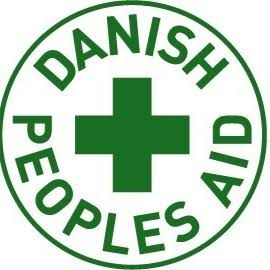CRS works to save, protect, and transform lives in need in more than 100 countries. CRS’ relief and development work are accomplished through programs of emergency response, health, agriculture, education, and peacebuilding.
Background
CRS has been working on behalf of Afghan communities since 2002, with hundreds of experienced Afghan staff working in offices across the country. We provide emergency relief, inclusive education, improved agricultural techniques, and other life‐enriching services to tens of thousands of households. The country’s long conflict has left many families displaced and impoverished, but the war’s end in 2021 has opened the exciting possibility of reaching many previously inaccessible communities.
CRS is currently implementing programs in the provinces of Bamiyan, Ghor, Herat, and Kabul, and is exploring additional expansion. CRS maintains four main offices in the country as well as several sub-offices that support the direct implementation of program activities. With over 100 staff, the Country Program is growing to meet new needs throughout the country.
CRS has invested significantly in improved livelihoods in Afghanistan, with a focus on supporting agricultural livelihoods as well as developing and alternative livelihoods. CRS provides livelihood recovery and development support to vulnerable and shock-affected groups in Afghanistan, integrating disaster risk reduction and climate resilience elements to strengthen the resilience and sustainability of improvements to livelihoods.
Project Summary:
CRS is implementing a 36-month EU-funded project in three districts (Injil, Gozara, and Koshk Robat Sangi districts) of Herat province to support households and communities to improve their livelihoods and resilience sustainably. The project focuses on community-led solutions that will improve watershed and disaster risk management (DRM), increase farmers' access to the markets, farmers capacity building, Agricultural inputs distribution, and saving loan groups. Through this project, 20 vulnerable communities in the Herat province will have strengthened resilience to crises and disasters such as droughts, flooding, food security, and market shocks and will enhance their economic stability.



